detail profile rubens santos
Peran Yang Di Mainkan Rubens Santos
 Brazil 1977 Marcelo a technology expert in...
Brazil 1977 Marcelo a technology expert in...The Secret Agent 2025
Brazil, 1977. Marcelo, a technology expert in his early 40s, is on the run. He arrives in Recife during carnival week, hoping to reunite with his son but soon realizes that the city is far from being the non violent refuge he seeks.
 Before going down in history as...
Before going down in history as...Maria: The Outlaw Legend 2025
Before going down in history as Maria Bonita, the most important woman in the Cangaço, Maria de Déa was a fearless young woman who dared to have a voice at a time when violence prevailed and women were subjected to the will of men. Partner of famous cangaceiro leader Lampião, Maria was caught by surprise by a pregnancy and subjected to the harshest law of the Cangaço. Forced to hand over her daughter to be raised by Homeone else, she begins to live between her life outside the law and the impossible desire to raise her daughter. The last years of the Cangaço are narrated from the visceral perspective of the woman from the Cangaço who became a mother, and of the mother who became a legend. The project is based on Adriana Negreiros' book "Maria Bonita: Sex, Violence and Women in Cangaço."
 To escape her abusive husband garbage...
To escape her abusive husband garbage...The Best Mother in the World 2025
To escape her abusive husband, garbage collector Gal packs her two young children, Rihanna and Benin, onto the top of her cart and heads across São Paulo to her cousin’s house. As she struggles to avoid the dangers of the streets along the way, she convinces the children that they are on a big and exciting adventure. When they arrive at her cousin’s house, they are warmly welcomed and fed. However, what initially seems like a safe haven soon turns out to be a trap. Gal realises that not only her own safety is at risk, but also the future of her children.
 When an oceanfascinated cowboy from the...
When an oceanfascinated cowboy from the...The Backlands Shall Sea 2024
When an ocean-fascinated cowboy from the Brazilian backlands discovers that the farm where he has worked all his life will be sold, he abandons everything to, finally, get to know the sea. Guided by an old postcard sent by a long-lost love, he embarks on a quest that will redefine his life.
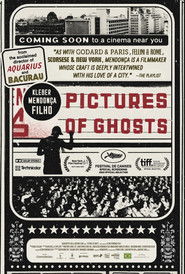 Downtown Recifes classic movie palaces from...
Downtown Recifes classic movie palaces from...Pictures of Ghosts 2023
Downtown Recife’s classic movie palaces from the 20th century are mostly gone. That city area is now an archaeological site of sorts that reveals aspects of life in society which have been lost. And that’s just part of the story.
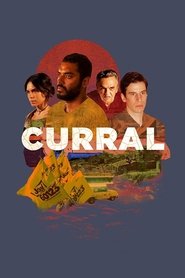 Curral is a political drama set...
Curral is a political drama set...Curral 2021
Curral is a political drama set in the rural Brazilian city of Gravatá. During the mayoral elections, the population is divided between the Blue and Red parties, two political oligarchies fighting each other for power. A recent severe drought means water is the main bargaining chip when it comes to securing a majority of people's votes. Chico Caixa is a former city employee. He lost his job trying to take water supplies to a poor neighborhood which had been abandoned for political reasons. Caixa is invited by a childhood partner, Joel, to work on his councilor campaign. Joel presents himself as a new alternative to the older candidates, who have been in power for decades. But as the campaign progresses, Chico Caixa soon realizes that breaking apart from the established political game is not always as easy as it may seem
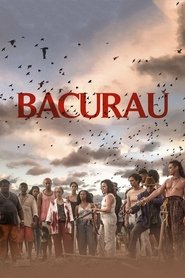 Bacurau a small town in the...
Bacurau a small town in the...Bacurau 2019
Bacurau, a small town in the Brazilian sertão, mourns the loss of its matriarch, Carmelita, who lived to be 94. Days later, its inhabitants notice that their community has vanished from most maps.
 In 2027 Brazil civil servant Joana mainly...
In 2027 Brazil civil servant Joana mainly...Divine Love 2019
In 2027 Brazil, civil servant Joana mainly deals with divorce cases. As a member of a branch of evangelical Christians known as the Divino Amor group, she uses her position to offer a kind of physical therapy to couples who want to separate. Although Joana and her husband Danilo regularly consummate their marriage, neither her constant prayers nor any other methods of assistance seem to be able to fulfill their desire for a child.
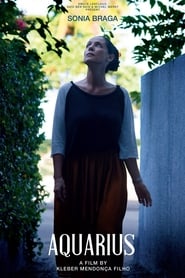 Clara a vibrant former music critic...
Clara a vibrant former music critic...Aquarius 2016
Clara, a vibrant former music critic and widow with flowing tresses is the only remaining apartment owner in a beautiful older building targeted for demolition by ruthless luxury high-rise developers. Clara proves to be a force to be reckoned with as she thwarts the builders plans to kick her out of the apartment.
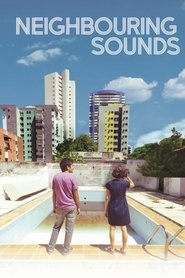 An independent private security firm arrives...
An independent private security firm arrives...Neighboring Sounds 2012
An independent private security firm arrives at a middle-class neighborhood in Recife, Brazil.
 The history of Brazilian popular music...
The history of Brazilian popular music...The Mandarin 1995
The history of Brazilian popular music in the 20th Century, focusing specially on the life and works of intriguing singer Mário Reis, a loner who, with his special way of singing - whispering and softly saying the words - in a time when singers with potent voices ruled, was in a way a forerunner of Bossa Nova style.
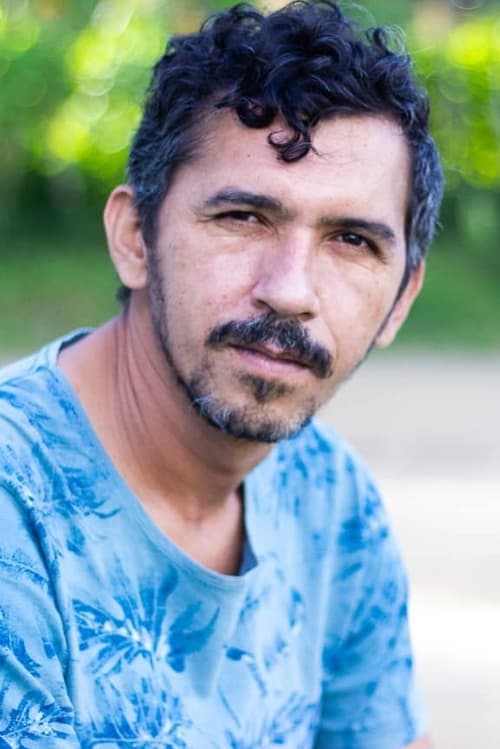
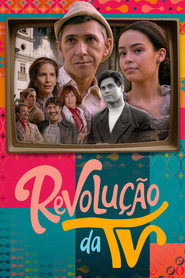 A girl discovers that the only...
A girl discovers that the only... Matheus is the owner of a...
Matheus is the owner of a... Paralysed by fear of the future...
Paralysed by fear of the future...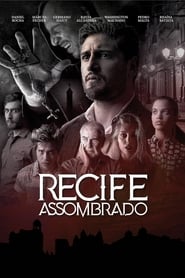 The creepy stories and imaginaries from...
The creepy stories and imaginaries from...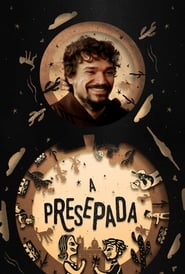 When a con man on the...
When a con man on the... In the heart of the neighborhood...
In the heart of the neighborhood...